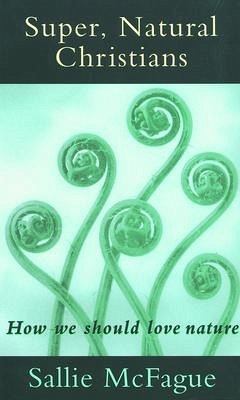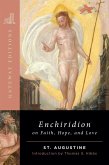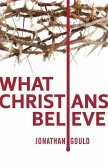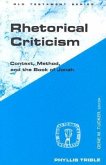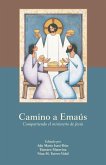A former dean at Vanderbilt University's Divinity School, Sallie McFague calls Christians down to earth. In a readable and available style, alive with concrete imagery and autobiographical material, McFague crafts a Christian spirituality centered on nature as the focus and locus of our encounter with the divine. She helps us see all life as created in the image of God.
Hinweis: Dieser Artikel kann nur an eine deutsche Lieferadresse ausgeliefert werden.
Hinweis: Dieser Artikel kann nur an eine deutsche Lieferadresse ausgeliefert werden.

